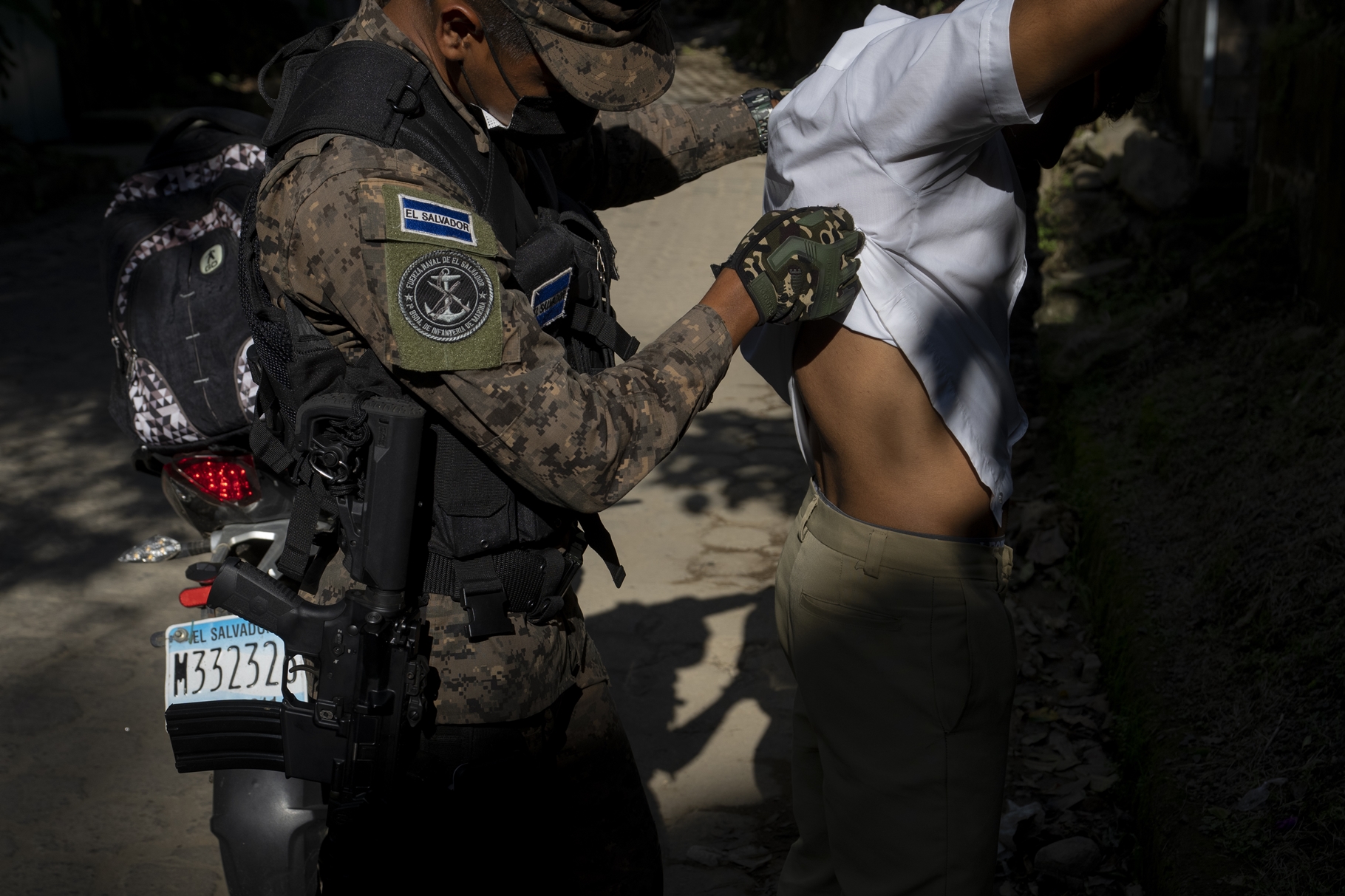El Salvador’s Security Minister Gustavo Villatoro reported on Friday that the country has accumulated a total of 700 non-consecutive days without homicides since 2019, a milestone that was highlighted by government authorities.
“We have recorded 700 days without homicides, an achievement that reflects the coordinated effort of a State of Law,” Villatoro said in a message posted on the social network X.
The official also highlighted the sacrifice of the security forces and stated that “these achievements in terms of security are also the result of the sacrifice of our heroes who gave their lives in the line of duty.”
Over the course of more than five years of government under the leadership of President @nayibbukele, El Salvador has achieved what many believed impossible and has made progress towards true freedom for its citizens.
We have recorded 700 days without homicides, an achievement that reflects the… https://t.co/TLgNTxnwR2
— Gustavo Villatoro 🇸🇻 (@Vi11atoro) September 13, 2024
Despite the announcements, organizations such as the University Observatory of Human Rights of the Central American University have expressed doubts about the veracity of the data presented by the government of President Nayib Bukele.
On several occasions, these organizations have pointed out that the homicide figures may not reflect the full reality.
The OUDH argues that the government does not include certain types of violent deaths, such as the discovery of human remains or the deaths of gang members in confrontations with the police.
In addition, deaths of suspected criminals at the hands of civilians, which in previous administrations were considered homicides, have also been excluded from the official count, Efe notes.
These omissions have sparked criticism and concern about the lack of transparency in the disclosure of statistics on violence in the country.
Nearly 82,000 people arrested since 2022
The Bukele government attributes the notable reduction in homicides to the implementation of the state of emergency, in force since March 2022.
Under this regime, more than 81,900 people have been arrested, and more than 300 deaths have been reported in prisons. Despite the controversies, the executive maintains that these measures have been crucial to improving security in the country.
Bukele assumed the presidency in June 2019, at which time El Salvador had already recorded three consecutive years of declining homicide rates.
In 2015, the country reached its most critical point, with a rate of 103 homicides per 100,000 inhabitants. In 2018, this figure had dropped to 50.3 and continued to decline with Bukele’s arrival to power, reaching a rate of 36 homicides per 100,000 inhabitants in 2019.
The downward trend continued in subsequent years. In 2020, the homicide rate stood at 21.2; in 2021, it dropped to 18.1, and in 2022 it registered a drastic drop to 7.8. By 2023, the figure reached 2.4, which represents a significant reduction compared to previous years.
However, official data on violence in El Salvador are released in a limited and confidential manner. Figures are published sporadically by the government or the president himself through social media, making independent verification of these numbers difficult.
Continue reading:
• Nayib Bukele: Keys to the first 100 days of his second term in El Salvador
• Nayib Bukele responds to Time: will he run for President of El Salvador again?
• A severe blow to the Honduran government: drug trafficking scandal affects Manuel Zelaya’s family
